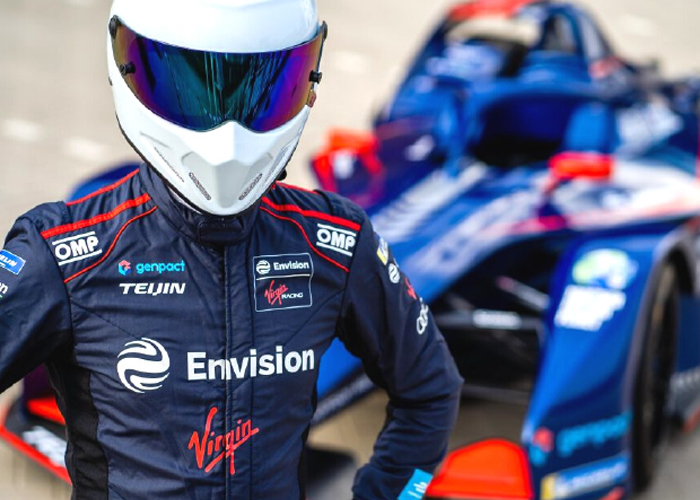The Teijin Group announced that its high-performance materials used by the Envision Racing Formula E Team for all-electric-vehicle racing are being displayed at the 26th UN Climate Change Conference of the Parties (COP26), which is currently being held at the Scottish Event Campus (SEC) in Glasgow. The world’s first electric two-seater formula race car, which incorporates Teijin’s TenaxTM carbon fiber, is on display in COP26’s Blue Zone, organized by United Nations, where government officials are gathering. The vehicle was developed by the Envision Racing Team in partnership with Johnson Matthey, a leader in sustainable technologies. Tenax™, which combines strength, high modulus elasticity and low density, assures top mechanical performance even in high heat, design freedom and driver safety.

Also, Envision Racing’s driver suits designed by OMP Racing and incorporating Teijin’s meta-aramid Teijinconex® neo is produced in line with leading chemical industry environmental standards, including REACH. Teijin, which is committed to supporting the society of the future, has established long-term goals for internal net-zero emissions by fiscal 2050. The targets include reducing internal CO2 emissions by 30% and two-thirds of total supply-chain emissions by 15% as of 2030 compared to 2018 levels. Teijin’s Tenax™ carbon fibers and intermediate materials are being applied in the renewable energy field, including large wind-power turbine blades, advanced aircraft wings and hydrogen tanks. Tenax™ also is used to achieve increased production speed and safety, extended design freedom and customer targets for increased sustainability.

Teijin’s aramid business, which has been mechanically recycling end-of-life para-aramid Twaron® products into pulp for over 20 years, is now exploring new recycling possibilities for other aramid products. It is also working to create high-quality fiber by regenerating pre- and post-consumer meta-aramid-based materials from protective textiles. Teijin aims to build the circular performance economy by creating a circular value chain by minimizing both waste and the use of virgin materials. To achieve these ambitions, Teijin underpins three key areas: 1) reduce carbon emissions 2) set new standards for recycling all aramids, and 3) create transparent material streams for aramids.




